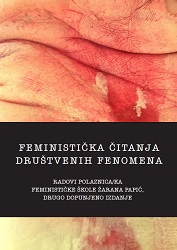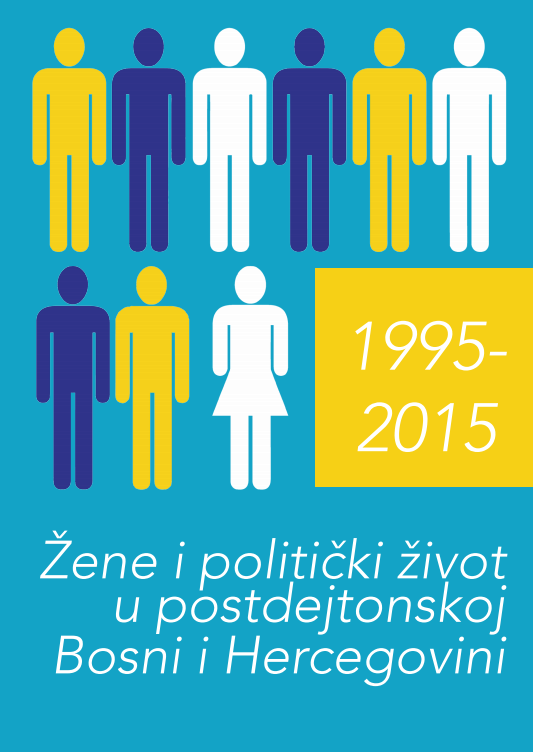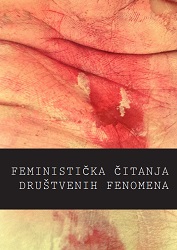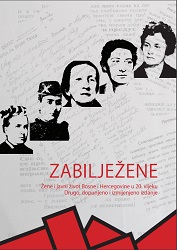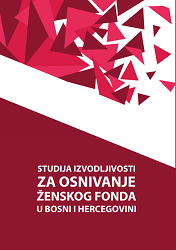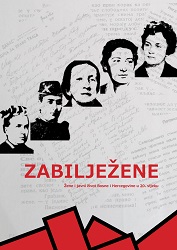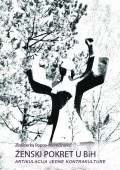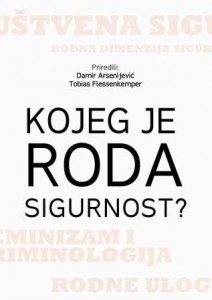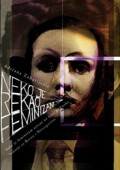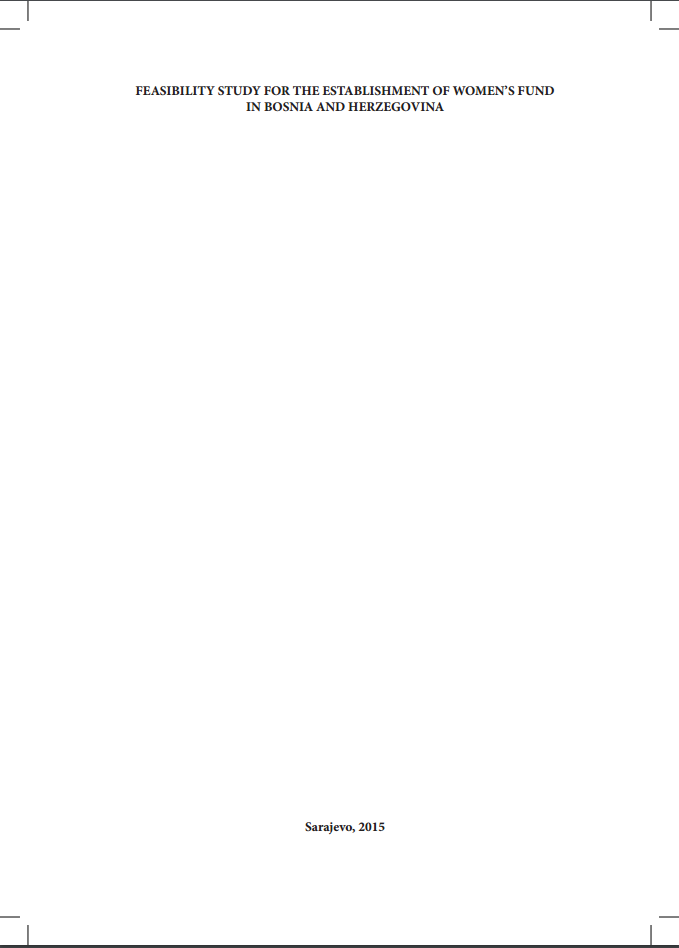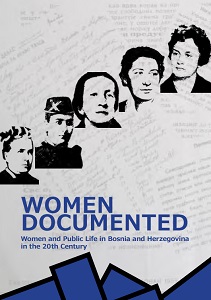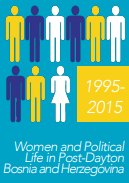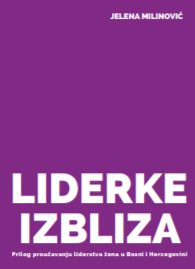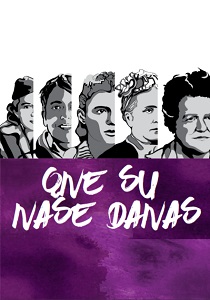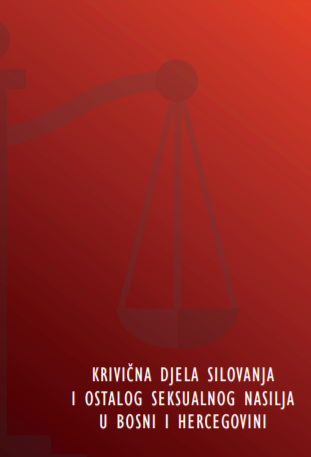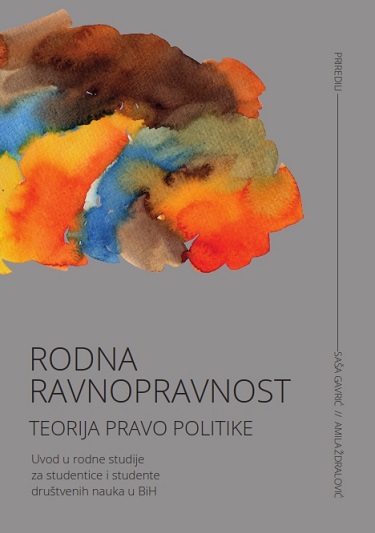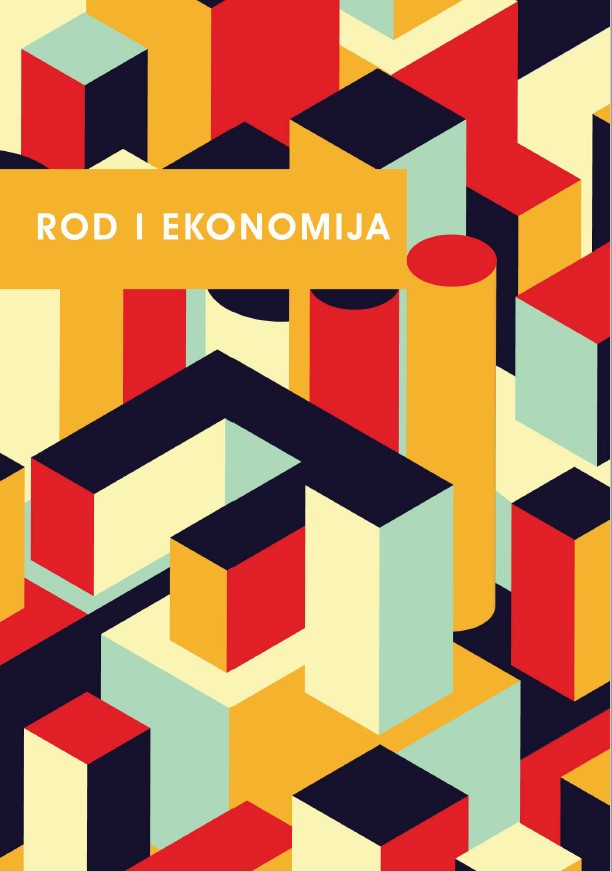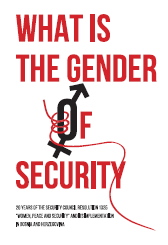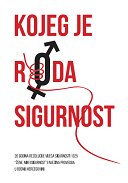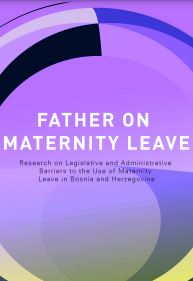LIDERKE IZBLIZA - PRILOG PROUČAVANJU LIDERSTVA ŽENA U BOSNI I HERCEGOVINI
Author(s): Jelena Milinović / Language(s): Bosnian
Keywords: BiH; gender; women; leaders; leadership; global regional and local context;
During the development of the women’s movement and the institutionalization of women’s rights and gender equality, one very important aspect has been the recognition and growth of women’s leadership within institutions, social and family structures. Leadership of women can be even considered as one of the key issues for gender equality, since leadership and transformative communication process has great potential to reshape the structure of dominance. Examination of the experiences of women leaders at all levels in business, science, government, politics, civil society, the countryside, the city, etc. provides insight and illuminates the creation and operation of new space for the empowerment of women. Women’s leadership is long-term transformative not only for the leaders, but for their environment and the wider community as well, influencing changes in the lives of other women too. To this end, this book aims to illuminate the personal experiences of women leaders, so they can become part of the scientific empirical material and thus contribute to the development of women’s leadership in the context of Bosnia and Herzegovina, with all its specificities. Social context of Bosnia and Herzegovina is an integral part of the context of the Balkan as a European semi-periphery, space loaded with politics, poverty, interethnic conflicts and wars. In terms of theme of this book, it is particularly important to bear in mind the patriarchal society in BiH (which is a common feature of the Balkan countries in general), in which gender regimes, as structured relations between men and women, masculinity and femininity, in the institutional and non-institutional environment, at the level of discourse and at the level of practices, which restrict individual freedom and opportunities of women and men, become one of the dominant determinant of social characteristics and everyday life of women and men. In contrast, the legacy of socialism are the participation of women in the public sphere, legal personality and personal autonomy of women, resulting in relatively high participation of women in the labor force and a large percentage of population covered by education, which is essential for the acquisition of cultural and social capital and greater chance for real equality. The transition to neo-liberal market conditions of work and life began in 1989 and resulted in increased poverty and collapsed and nearly destroyed development potential of society, exacerbated by the war 1992-1995, with devastating consequences which Bosnia and Herzegovina still bears. In such context, the unfavorable conditions, poverty and social problems, women’s leadership is seen as a way to influence social change. Consideration of gender and leadership is more recent, and this aspect of the theory and research is becoming increasingly important. There was a shift in attitudes, from the view that women are inferior to men leaders from the 70’s to highlight the superiority of women leaders than men from the 90s onwards. An increasing number of women in leadership positions necessarily affected the increased interest of scientists to study women leaders. The researchers first dealt with the differences between women and men in leadership styles and management, claiming on one hand that there is a link between gender and leadership styles, and on the other that this link is not relevant. In addition to research styles of leadership, scientists have studied the assessment of the relative efficacy of men and women leaders, concluding that the differences are small, but still exist in the styles of leadership and level of efficiency, depending on the expected men’s and women’s social roles. In addition to these most commonly used theoretical and practical considerations of leadership and its aspects, for this book it was important to consider feminist theories of leadership and feminist criticism of leadership. Feminism has an ambivalent attitude towards power and leadership - on the one hand leadership is important to achieve the objectives of improving the status of women, but on the other hand it involves essentially “male” concept of leadership that often do not favor women. Feminist theorists have developed their theories in relation to the problems considered in the works of men predecessors and on that basis they have created their own approaches, mostly dealing with theories of power, authority and the issue of representation. In addition to clarifying the key issues of gender and leadership, the current theoretical approaches are insufficient in some respects as they hardly create positions for a broader resistance movement and a change in the direction of improving gender equality in leadership. Theoretical considerations of leadership and gender issues, as well as feminist theory and feminist criticism of leadership, found that there is ample room for further studies of complex gender aspects of leadership and that feminist perspective can give a very important contribution to better understanding of gender inequality in the hierarchies of social power. Detection of deep causes of these inequalities through empirical research can be the first step in the action for change. Research of gender aspects of leadership at different levels show gender imbalance in leadership positions and women face a number of obstacles to become leaders and to survive as leaders. In order to see what are the characteristics and perspectives of women’s leadership in Bosnia and Herzegovina, I examined different aspects of life and work of 20 women leaders. Their stories are important for illuminating their leadership experience and identification of common characteristics and models, regardless of their different life situations. One of the theoretical assumptions for this research has been Norbert Elias’s model “The Established and the Outsiders”. Although Elias’s study was not focused on gender relations, later analysis and the application of its findings to the men and women leaders show that women are outsiders and men are established, and it is much more difficult for women as outsiders to enter and survive in the world of leadership. However, the undeniable fact is that nowadays women can get a better education and the possibility of careers so they can be and are actors in world of leadership. Women have already begun the process of joining the established group and the goal was to examine how it happens in our context. The basic premise that women need greater professional potential and cultural capital than men to gain access to the leading position is empirically confirmed by this research. It was also found that, in addition to education as strategy for the development of cultural capital, the support of micro-environment, family and community is of crucial importance. Although individual situations are different, there is an important similarity between them, confirmed by research, that it is more difficult for women leaders than men to come to the leadership positions, to successfully survive as leaders, as well as to progress in the hierarchies of power. This proves the second premise that women have to overcome more barriers to reach such positions. The research empirically confirmed that in general women leaders are in the outsider position in relation to the established male leaders. Bearing in mind that Bosnia and Herzegovina is predominantly patriarchal society, with strong gender inequalities, the study found that leadership practices of women have certain peculiarities, stemming from their “outsider” position in which they move as women in a predominantly men’s world of leadership. These practices help them to establish their positions and they start and set up innovative ways of work, support and building cultural capital, which allows them to survive in leadership positions. Also, there was an assumption that the leadership of women has a long-term transformative potential for the empowerment of women in all aspects, personal and social. It was empirically confirmed that leadership allows women to permanently transform and emancipate themselves, their environment and future generations. Their transformation starts from their personality, gaining self-confidence and competence, social recognition and realization of their aspirations. In that process they are gradually changing their environment and their families. Their children grow up and are taught the values of knowledge, individuality, incentives to individual development. It can be reasonably assumed that the next generation of offspring of women leaders will lean more towards gender equality. Also, the long-term emancipatory potential of women’s leadership is found in their social engagement and efforts to be a part of social change. Respondents emphasize the importance of paving the way to a new generation of women, who should have better conditions for advancement. They are ready to personally operate, support, and promote the achievement of this goal, which leads to the conclusion that women’s leadership has permanent emancipatory and development potential, both for women and for society as a whole.All these research findings are accompanied by a rich empirical material in the form of statements of the respondents, in order to show all the nuances and specificities of their individual situations. On the findings of this research I proposed the form of a typology of women leaders in Bosnia and Herzegovina based on the model “The Established and The Outsiders”. This research shows that the relationship between the established and the outsiders is not completely fixed, nor are these categories completely fixed. Not all the established have the same access to power and status and not all the outsiders are equally marginalized. On the basis of this research it can be concluded that the key impact for the status of established and outsider as a leader or leaders have (1) a cultural capital, and (2) support the family, the environment and the public. The typology of leaders recognizes the following types: 1. Completely or predominantly established leaders who have cultural capital and support of the environment, with the easiest way to enter the leading position and survive in the leadership arena; 2 Partially established leaders, with strong cultural capital, but lack of support - their education and competence allow entry into the leadership position, but they have more to do to build support to sustain and survive as leaders; 3. Partial outsiders, who have support of the family and the environment, but do not have enough cultural capital that would allow them easier access to leadership positions – their task is to build cultural capital, which would provide survival in leadership positions; 4. Complete or predominant outsiders, who do not have sufficient cultural capital, nor support, but have leadership qualities - they are the most difficult to affirm as leaders, but not impossible. Their chance is to work on two fronts: the acquisition of cultural capital and the creation of support networks to sustain and survive in leadership positions. It is important to emphasize that nothing is impossible and that the particular combination of work on the creation, maintenance and expansion of cultural capital and support can result in a long-term survival in the leading position. It is also important to connect women leaders of all of these types, since they can be role models to each other, support each other and help to overcome obstacles more easily. In these processes, it is crucial to support leadership programs which would include all of these different components, along with pro-active and strong participation of women in their own leadership capacity building.
More...
